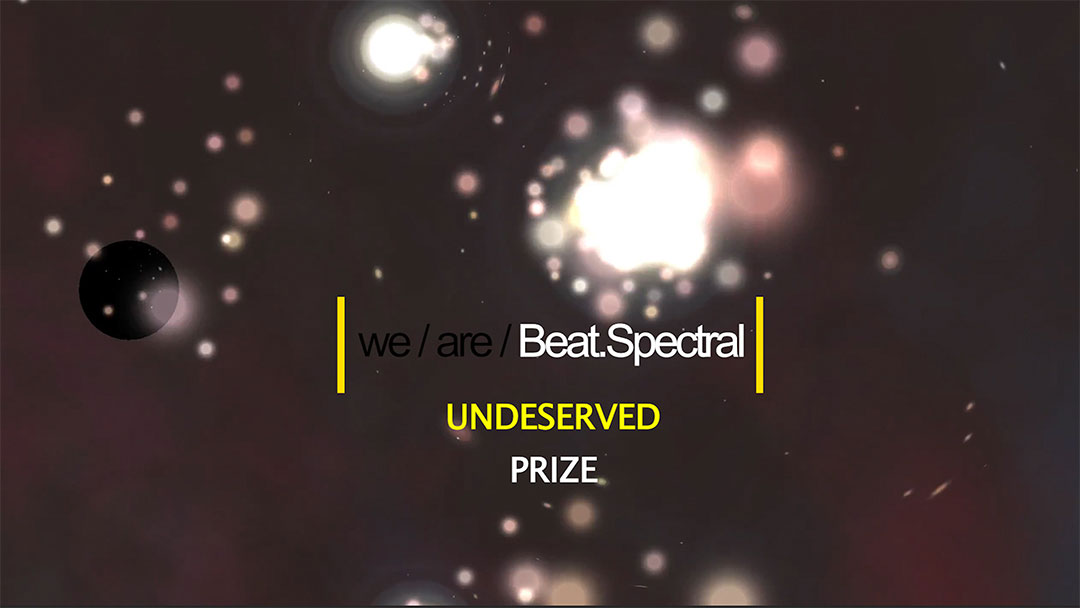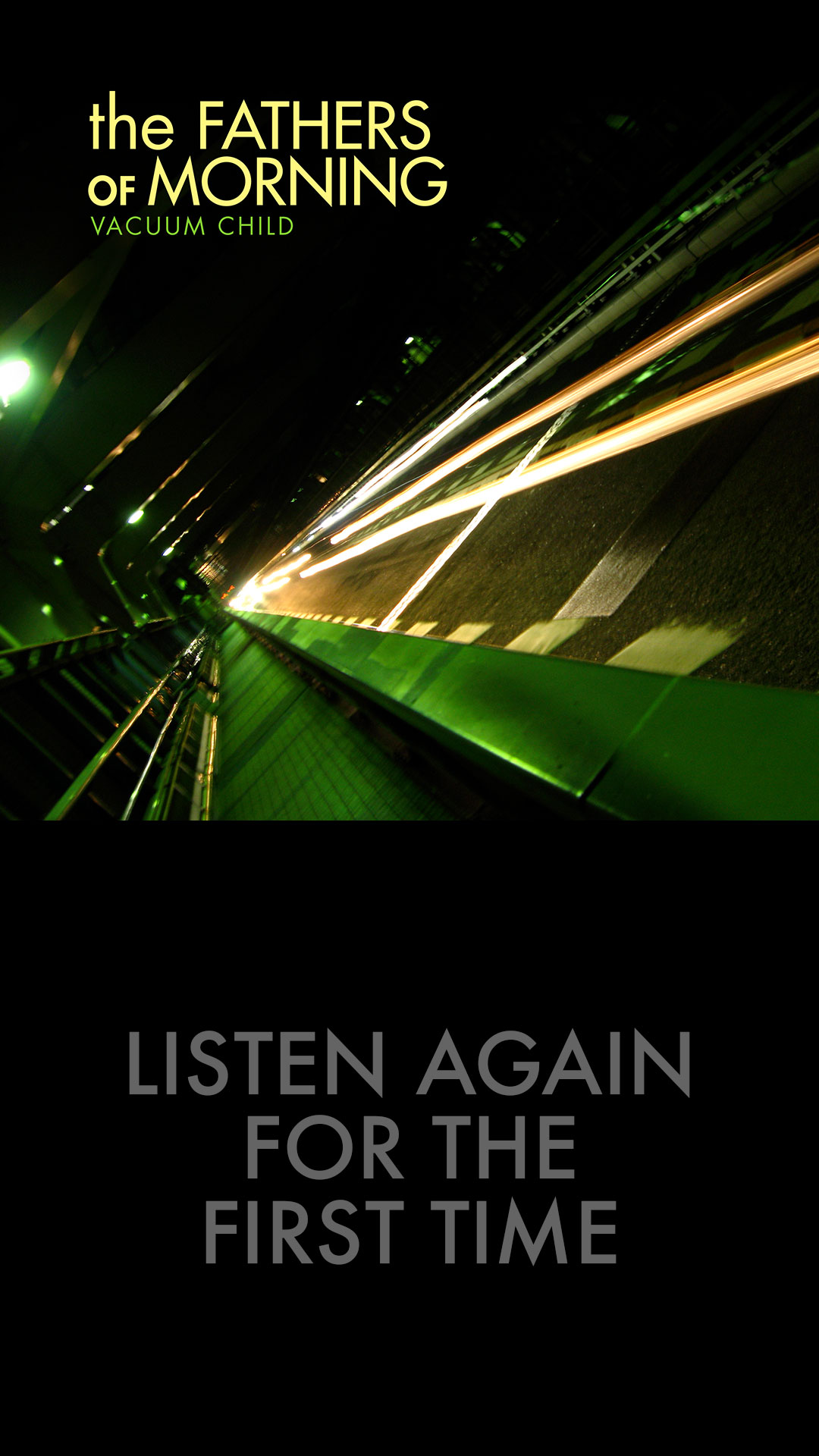
Sometimes you have to back right up to make progress. In the case of Traveling Light, Rafael Toral not only returned to a sound and tools that he first mastered and then forsook in the early 2000s, he also delved into a segment of musical history that flourished before he was born. The Portuguese multi-instrumentalist first appeared on world stages in the 1990s. His initial recordings were masterpieces of continuous sound, by turns immaculately polished and magma hot, fashioned using guitars and effects. Then he abandoned both instrument and material in order to make space for a new creative endeavor that applied self-devised, gesturally dependent electronic instruments to free-jazz-informed solo and ensemble performances.
When the guitar started to resurface in Toral’s music about half a decade ago, he first used it in familiar ways as a sound generator. But in private, he delved into jazz phrasing and harmony, which first emerged on last year’s surround-sound epic Spectral Evolution. On that album, electronics referenced the rich orchestration of pre-bebop jazz, while Toral’s picking extended jazz-derived lyricism into outer space. Traveling Light, which Toral developed in parallel with Spectral Evolution, applies that sonic language to actual jazz standards.
Traveling Light opens with “Easy Living,” a song that Billie Holiday sang with the Teddy Wilson Orchestra in 1938. That version already imbued its sauntering pace with an underlying lush languor, but Toral slows it right down. As his fuzz-toned guitar elongates the melody like warm taffy and then passes it off to José Bruno Parrinha’s clarinet, a thick, complex wall of sound glides around him and avian electronics bob about the music’s progress like pollen-gathering bumblebees at work on a hot afternoon.
One shot of this stuff might put you in your hammock for the day, but Toral has five more to go. On most of them, a guest soloist draws a thread between contemporary and mid-20th-century stylings while Toral’s twittering electronics transport you variously to a looming jungle or some cosmic expanse. And on each, Toral’s guitar lurks within the enshrouding sound, setting a sublimely unhurried pace. This isn’t simply a return to an earlier approach; this is a new way forward. But you don’t need to care about the artist’s progress at all to appreciate this music’s sublime afterglow. [Drag City]
—Bill Meyer













